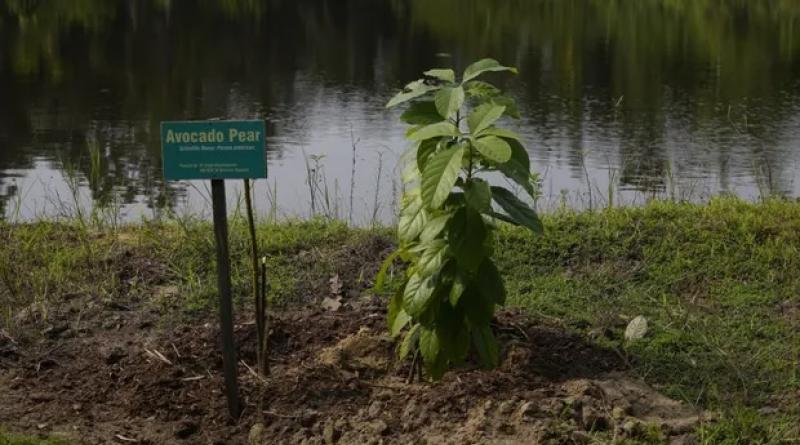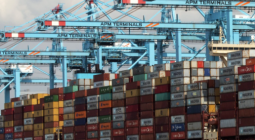The strong reaction to the Guardian’s joint investigation into carbon offsetting shows how much is at stake when the effectiveness of market mechanisms in combating global heating is challenged. Already, in Australia, politicians and scientists have renewed their criticism of public entities using international carbon credit schemes to offset local emissions. Verra, the Washington-based non-profit at the centre of the story, is the world’s leading carbon standard, certifying the credits that companies use to make claims about their environmental impact. It is a blow to anyone committed to the idea that emissions trading can help the world to reach net zero, to learn that 90% of the rainforest credits analysed are unlikely to represent genuine carbon reductions.
The problem, which was uncovered by journalists working alongside experts using satellite images, is the methodology used by Verra to certify its credits. While Verra disputes the findings, and is due to publish its own assessment, the researchers found that the evidence used to calculate offsets was flawed. Predictions of what would have happened in the absence of credits were unreliable, and benefits were overstated.
Given Verra’s importance, the significance of the findings goes beyond a single organisation. What happens next is crucial, and will be closely watched by governments and businesses around the world. The question is: can existing processes be improved? Here, academics and environmental campaigners are divided. Carbon markets have long been controversial, with some arguing that any attempt to protect nature by assigning it monetary value is doomed. According to this view, the focus on nature conservation and restoration of recent years has been co-opted and corrupted by corporate interests, including fossil fuel producers who are among the biggest purchasers of carbon credits.
Defenders of emissions trading, however, insist that while such greenwashing must be called out, carbon markets have a role to play. Governments will not provide the necessary funds to protect the world’s rainforests. Therefore there is no alternative but to direct private capital towards them and other carbon sinks and biodiversity hotspots. If the existing ways of doing this don’t work, better ones must be developed. Our investigation discovered three projects in Madagascar that were excellent. Carbon market optimists think these results can be replicated.
Shell is planning a massive expansion of its offsetting operations. And there is no question that an emissions trading system in which big oil is the largest customer has gone horribly wrong. If carbon credits are to be more than a dangerous distraction from the task of ending our dependence on fossil fuels, they must not be treated as licences to pollute. Instead they should be viewed as a last resort, and companies should only be able to access them as part of an overall net zero strategy. Schemes that charge individuals fees to cancel out emissions from flights or other high-carbon activities should be ended. They do more harm than good by encouraging the idea that lifestyles don’t need to change.
The carbon offsets market is worth around $2bn, and is expected to be worth 10 times that by the end of the decade. It is emphatically not the solution to the enormous threat posed by dangerously high emissions. But with much tougher oversight and regulation, it ought to be possible to design a system whereby forested nations are financially incentivised to protect nature. Exposing the weakness in the current system is a necessary first step in that direction.






